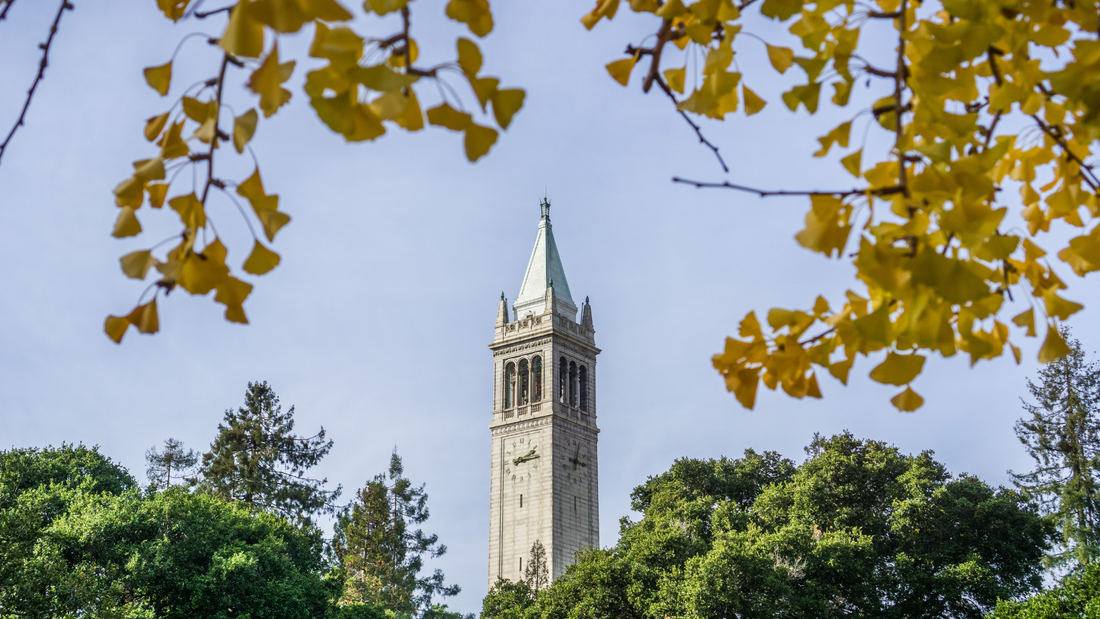|
A group of pro-Palestine student activists recently hijacked a private dinner at the home of Erwin Chemerinsky, dean of Berkeley Law School, disrupting one of several such events intended to honor the graduating class of 2024. It’s a lesson in decorum, which these students clearly lack. More importantly, it’s a lesson that Chemerinsky himself might cover in one of his constitutional law classes or legal tomes: You have no First Amendment right to public speech on private property.
Chemerinsky himself summarized the disruption in a written statement: “On April 9, about 60 students came to our home for the dinner. All had registered in advance. All came into our backyard and were seated at tables for dinner. While guests were eating, a woman stood up with a microphone, stood on the top step in the yard, and began a speech, including about the plight of the Palestinians. My wife and I immediately approached her and asked her to stop and leave. The woman continued. When she continued, there was an attempt to take away her microphone. Repeatedly, we said to her that you are a guest in our home, please stop and leave. About 10 students were clearly with her and ultimately left as a group.” Alarmingly, the incident followed the publication and display of a poster calling for a boycott of the dinner events, with accompanying cartoon imagery depicting the dean holding a knife and fork covered with blood. The caption read: “No dinner with Zionist Chem while Gaza starves.” The link between Chemerinsky and Israel’s military campaign in Gaza is nebulous, to say the least. Chemerinsky is an American constitutional scholar, not an Israeli war planner. The only inference to be made is that the dean was targeted solely due to his Jewish heritage. For their part, the protestors (seen here in a video of the incident) asserted a First Amendment right to their interruption. To parse the legitimacy of such claims, we might turn to an actual First Amendment scholar, Eugene Volokh, who wrote about the dinner in a recent The Volokh Conspiracy post. He wrote: “Some people have argued that the party was a public law school function, and thus not just a private event. I’m not sure that’s right – but I don’t think it matters. “Even if Berkeley Law School put on a party for its students in a law school classroom, students still couldn’t try to hijack that for their own political orations. Rather, much government property is a ‘nonpublic forum’ – a place where some members of the public are invited, but which is ‘… not by tradition or designation a forum for public communication.’ (Minnesota Voters Alliance v. Mansky (2018) ...” Outside of the protestors’ erroneous legal argument, one might also consider the efficacy of their outburst. Above the Law founder David Lat contrasted the Berkeley protestors’ behavior with that of protestors at the University of Virginia, who recently turned out against a speech by Justice Jay Mitchell of the Alabama Supreme Court (author of the infamous IVF case). There, the protestors “didn’t heckle or harass Justice Mitchell, me, or anyone else who went into his talk. They stood outside the room, quietly holding signs. And once his talk got underway, they left to attend a counter-event …” How refreshing. Inasmuch as the protestors got it wrong here, Berkeley (for once) got it right. In a statement to Law 360, UC Berkeley Chancellor Carol T. Christ said: “I am appalled and deeply disturbed by what occurred at Dean Chemerinsky's home last night. I have been in touch with him to offer my support and sympathy. While our support for free speech is unwavering, we cannot condone using a social occasion at a person's private residence as a platform for protest.” UC Board of Regents Chair Rich Leib, meanwhile, said: “The individuals that targeted this event did so simply because it was hosted by a dean who is Jewish. These actions were antisemitic, threatening, and do not reflect the values of this university.” Berkeley’s reputation as the home of the Free Speech Movement (the name became somewhat Orwellian), continues a decidedly spotty record in recent years. The university’s unequivocal embrace of actual, settled First Amendment doctrine in this instance represents an encouraging development. Naturally, the protestors have since hoisted the banner of victimhood, claiming “pain, humiliation, trauma, and fear” following the incident. With time, we hope they learn the lesson that, in the words of Ronald K.L. Collins in a FIRE blog: “the First Amendment is a shield against government suppression. It is not an ax to swing at compassionate and freedom-loving people in their own homes.” Law schools might further promote First Amendment education by turning to disciplinary action for law students who refuse to learn the nuances of this central principle of American life. Comments are closed.
|
Archives
June 2024
Categories
All
|
ABOUT |
ISSUES |
TAKE ACTION |



 RSS Feed
RSS Feed